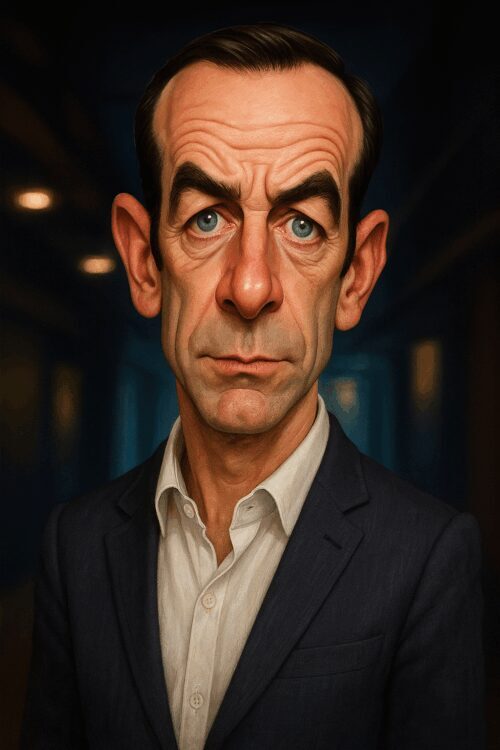Robson Green
Robson Green is British television’s ultimate everyman – whether solving crimes in “Wire in the Blood,” singing folk songs, or fishing in documentaries, he radiates likable authenticity.
Green’s genius is making difficult roles accessible. His Tony Hill in “Wire in the Blood” could have been an eccentric caricature; instead, we got a profoundly empathetic profiler whose social awkwardness masked deep compassion.
Now a tv institution, he bridges high and popular culture with rare ease. As Hill might say: “Understanding people isn’t about intellect – it’s about caring.”
“
